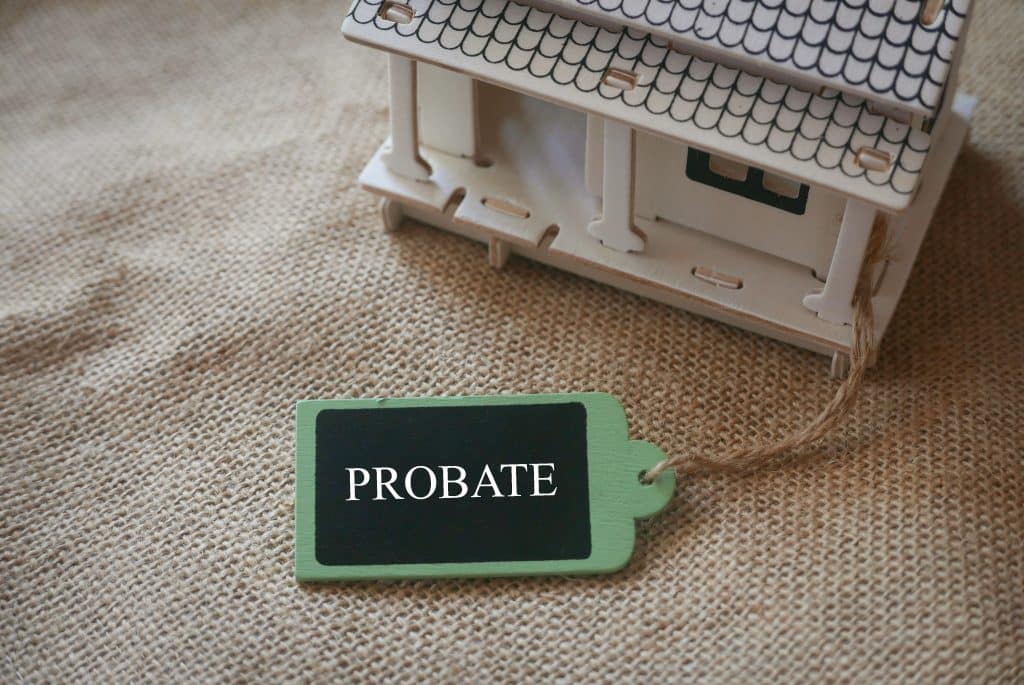What executor duties involve
Being named as an executor carries serious responsibilities. You have both legal duties, tax liabilities, and estate administration obligations. Mistakes could make you personally liable, so understanding your role is essential.
1. Legal Responsibilities
- Obtain a Grant of Probate, which gives you the legal authority to act for the estate, such as accessing bank accounts or transferring assets.
- Collect detailed information on the deceased’s assets, including bank accounts, property, and other valuables, as well as any debts or liabilities.
- If creditors are unknown, consider placing notices in local newspapers and The London Gazette to alert potential claimants.
2. Tax-Related Responsibilities
- Calculate the estate’s full value and determine whether Inheritance Tax is due.
- Submit required documents to HMRC and Probate Registry, pay any applicable tax, and only then proceed to distribute inheritances.
3. Estate Administration Duties
- Notify organisations (banks, utilities, etc.) of the death, settle outstanding bills, and manage the estate’s liabilities.
- Prepare estate accounts: record all receipts, payments, and distributions clearly for stakeholders.
- Follow the deceased’s wishes in distributing assets to beneficiaries as outlined in the will.
Can an Executor Refuse to Act?
Yes, if the will allows, an executor may step aside (and a substitute can take over). If no one can manage the estate, a beneficiary can apply to administer it instead.
Why Get Help with Executor Responsibilities?
- Navigating an estate, with its tax forms, legal notices, asset valuations, and account preparation, can be overwhelming.
- A mistake could mean personal liability.
- Professional help ensures tasks are done correctly, quickly, and with peace of mind.
Ready to Discuss Your Executor Duties?
If you’re acting as an executor and feeling unsure, or if you simply want clarity on your responsibilities, Freeman Jones Solicitors are here to support you every step of the way.
Next Steps:
- Book your free, no-obligation 20‑minute consultation. Our wills and probate solicitors can walk you through executor duties with confidence and clarity.
- Call us on 01244 506 444 or email info@fjsolicitors.co.uk to get started.
- We serve clients across Chester, Liverpool, Warrington, Wrexham, Manchester, and Cheshire.
- Need help with executor disputes? We provide expert legal support to resolve disagreements between executors and beneficiaries quickly and effectively.






